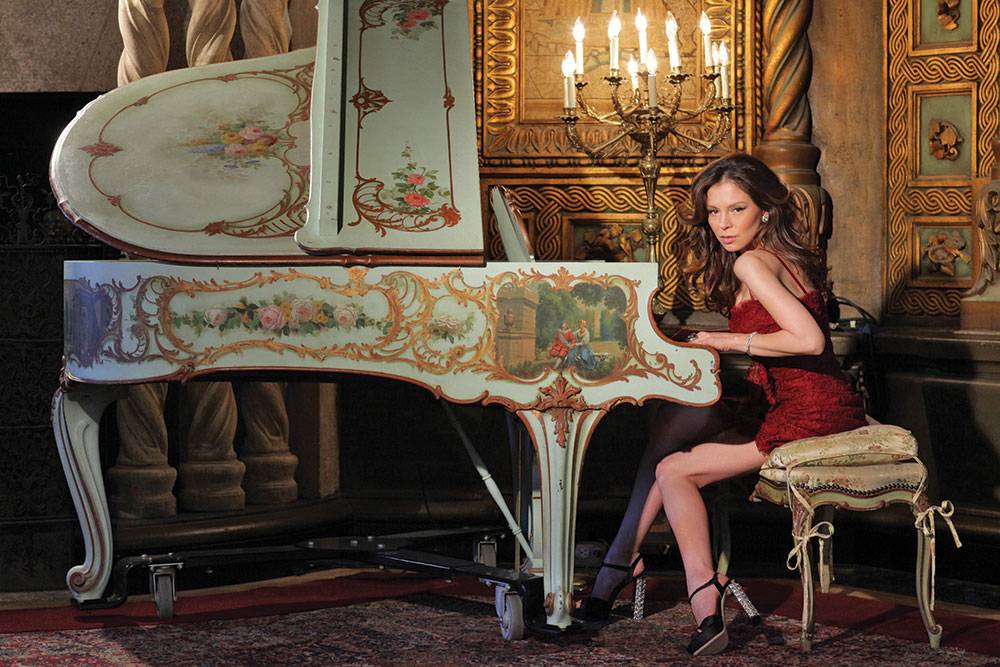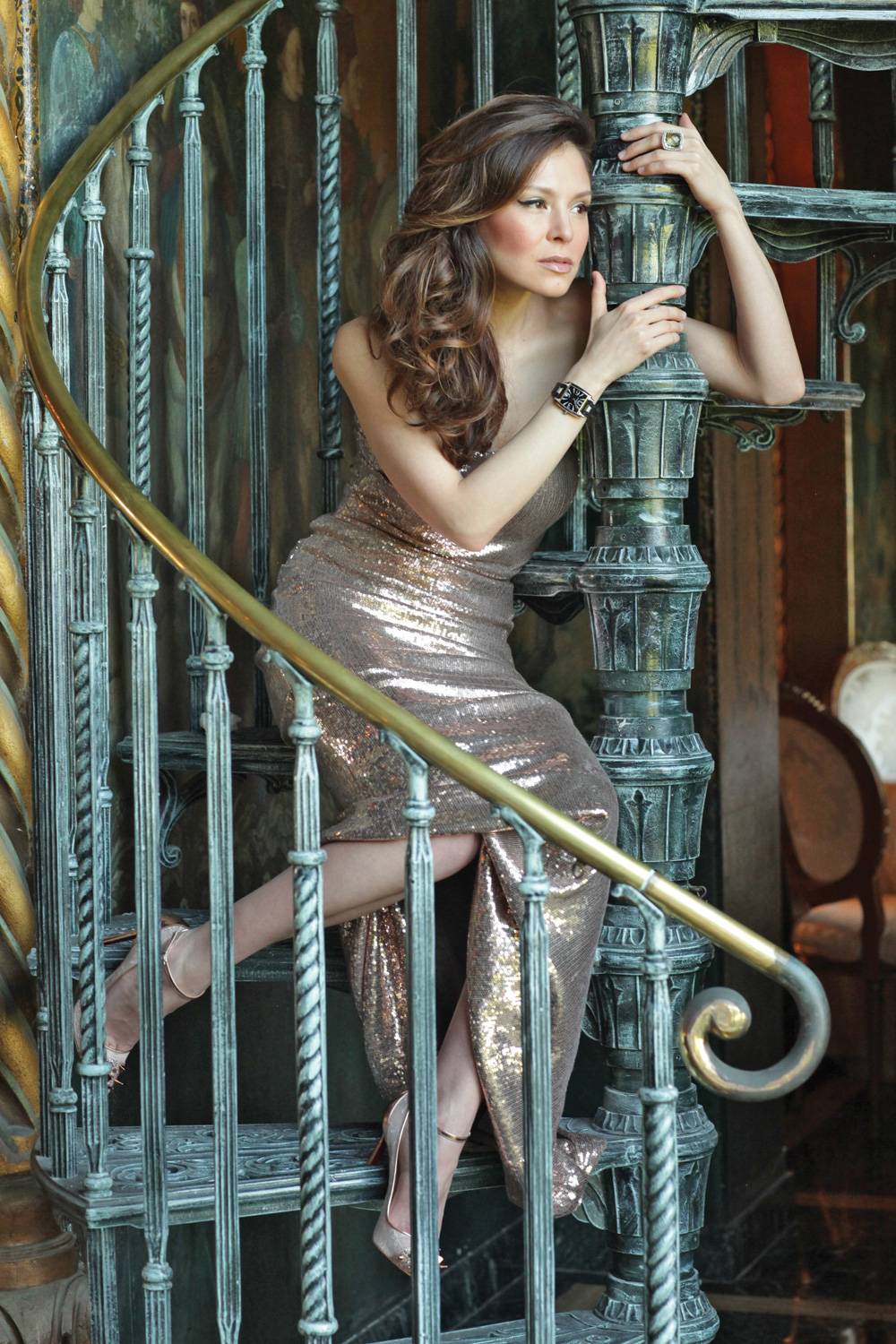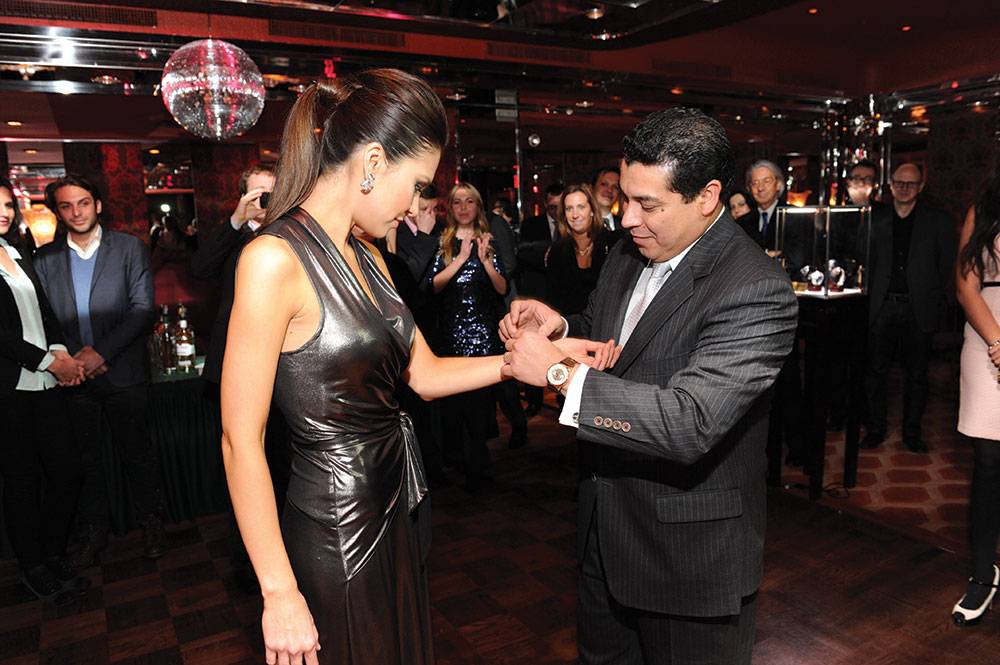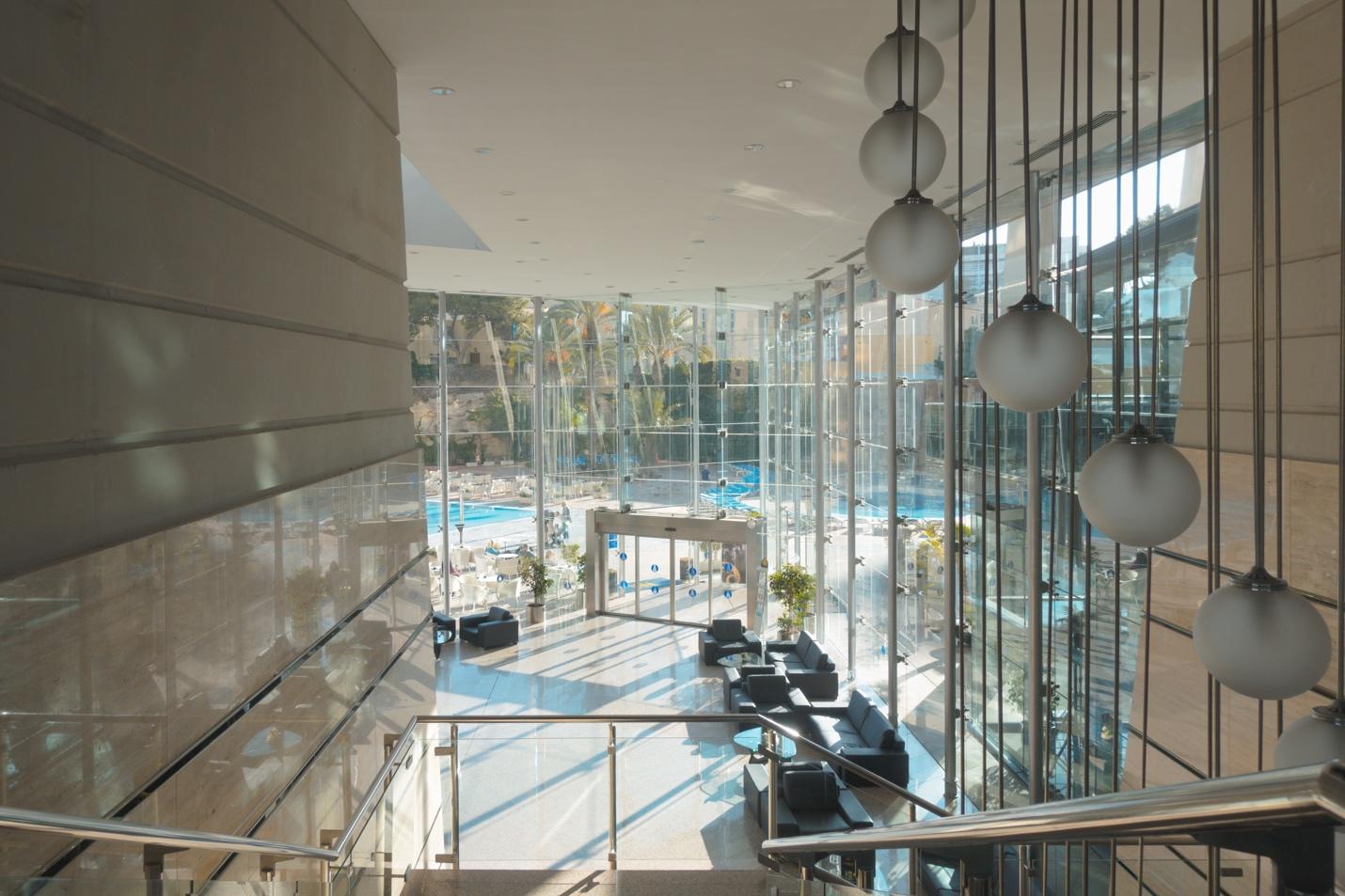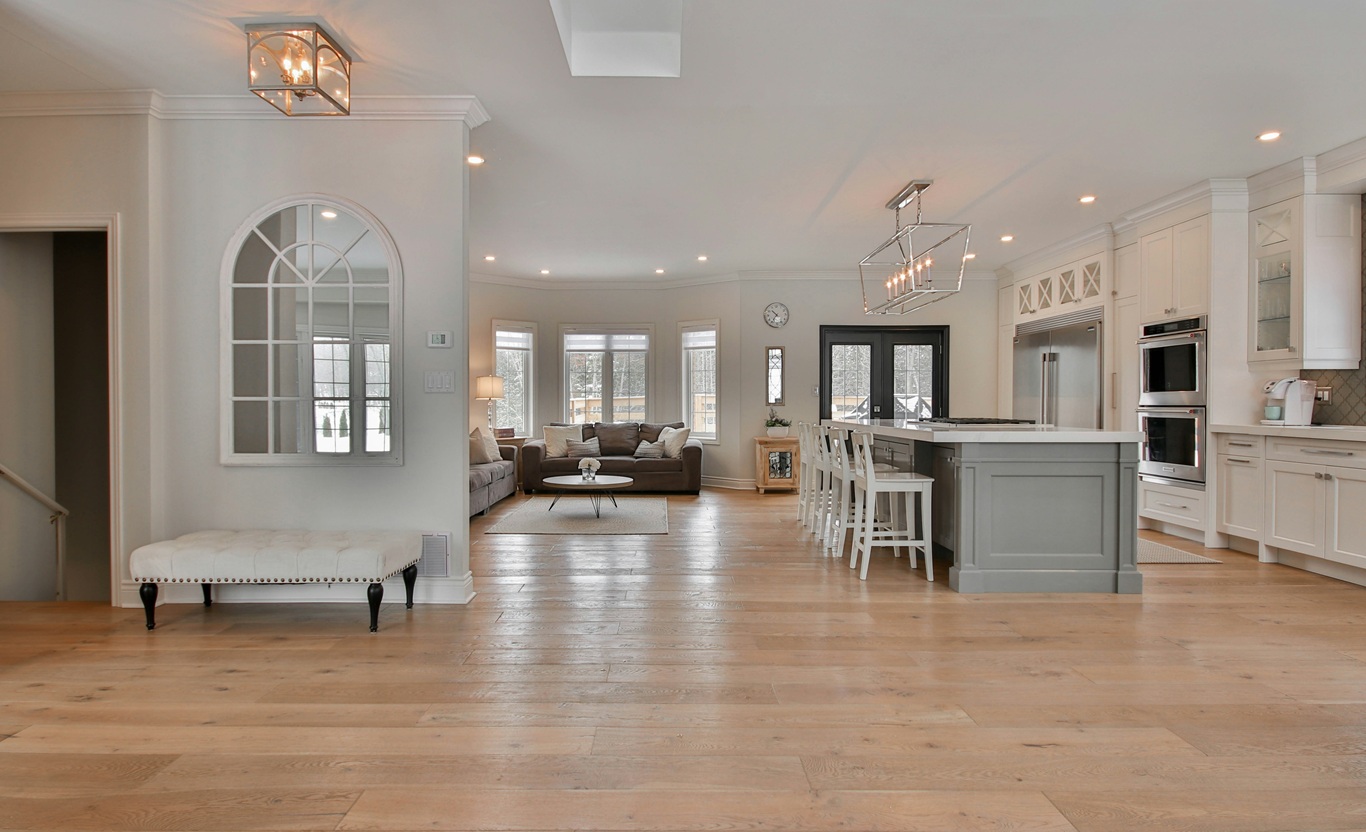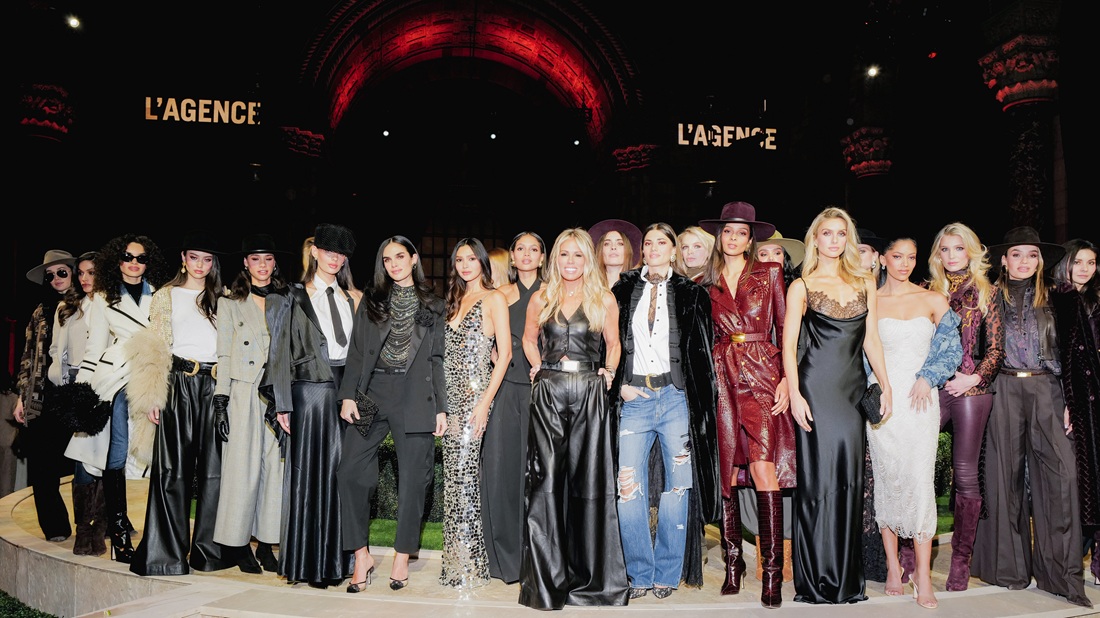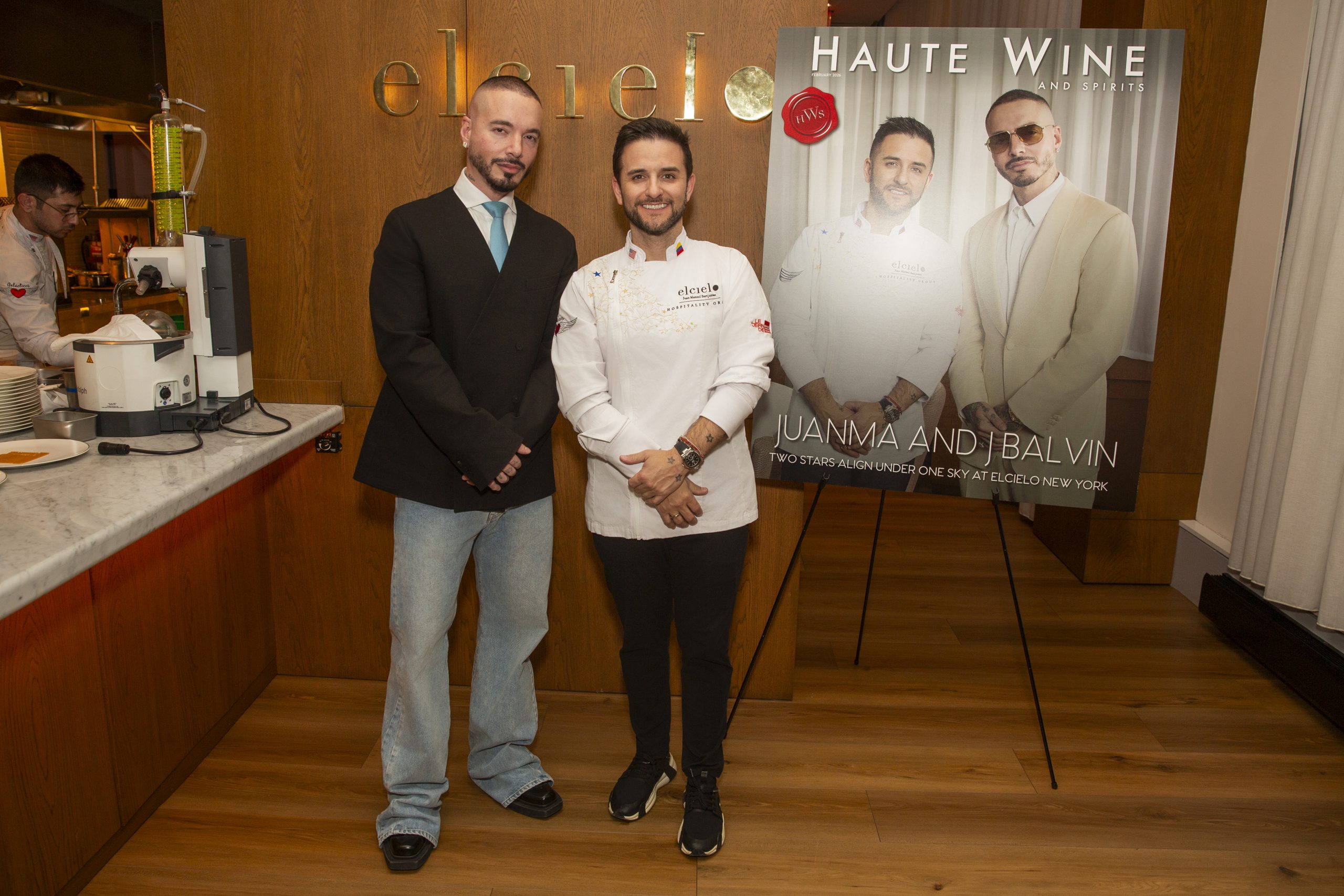Center Stage: Lola Astanova’s Inspiring Rise from the USSR to Carnegie Hall
If you stopped the average person on the street and asked them to describe a classical musician, you would most likely be painted a picture of a man, advanced in years, with a not-so-fashionable pate. It seems unlikely they would land upon a description of a beautiful young woman.
Perhaps that’s why Lola Astanova has caused such a stir in the world of classical music. Born in 1985 in Tashkent, Uzbekistan at the height of the Soviet Union, Astanova skyrocketed to fame as a child prodigy pianist, and has since grown into one of the industry’s most famous virtuosos. Not to mention her looks; known for playing in sky-high heels and designer dresses, Astanova looks like she’d be at home on the red carpet as much as on stage. But to focus on her looks (remarkable though they may be) is a disservice to the tremendous amount of work behind Astanova’s rise to the top.
“Growing up in Russia, a country with a communist past, it wasn’t always easy,” Astanova said. “My father was an engineer and my mom was a music teacher, so we did not have a lot of money. We lived rather frugally, and although my mom and dad always wanted to make sure [my brother and I] had everything we needed, it was never easy. It was difficult even to travel somewhere for a competition or an audition, and I had to wait endlessly for visas and for the papers to be in order to travel outside the country. But I had a dream; I wanted to be connected with music my whole life, and I wanted to make something out of myself. That dream and that determination – loving what you do but also wanting a better life for yourself really propelled me.”
[highlight_text]Growing up in Russia, a country with a communist past, it wasn’t always easy. [/highlight_text]
Astanova set out on her path at just six, and soon graduated from her mother’s lessons to the studio of famed piano professor Tamara Popovich. Soon Astanova was studying with Lev Naumov, nicknamed the “Godfather of the Russian piano school”, and by eight she was playing concerts. Her status as a wunderkind was cemented when Astanova was featured in the UNESCO documentary Prodigies of the 20th Century.
However, not every child prodigy becomes the next Mozart: many, if not most, buckle under the overwhelming pressure. But for Astanova, the stakes, and potential, were clear from the start. “I was very nervous,” Astanova said, describing her first performance. “It was a big event, in a big concert hall, and being so young…but I knew that if you do well, even though you have this huge task in front of you, you may have other opportunities that will come your way.”
“In the music world this is how you get your name out,” she continued, “word of mouth. You perform, people talk about you, and then you get invited to do more events and you get invited to other venues and concerts and conductors know about you. So even at that young age I had already started to realize that I had to fight for those opportunities.”
Among the dreams Astanova envisioned was living in New York. During a visit to the United States, the city made an indelible impression. “I remember that the first time I came to New York City, I was completely blown away,” Astanova said. “I saw the Statue of Liberty, Broadway, all those huge signs and billboards, it had a huge impact on me as a young child, and I wanted to go back. It felt like the right place for me.”
The path to Carnegie Hall was not without its bumps, though. Life in the classical music industry can be difficult, even for the most talented virtuosos. Indeed, for those who don’t make it to the top, the situation can become untenable. “There were times when things weren’t going so well, that I had to convince everybody that this was indeed what I wanted to do,” she confessed. “They expressed concern that this is not an easy life and it’s not an easy career. Unless you really make it big you don’t have a stable income or the stability that people with “normal” jobs have. So I really had to fight for it, and say I don’t care if I’m broke or I’m a millionaire, as long as I get to be a musician and do what I love, because I simply wouldn’t be happy doing anything else.”
These days, Astanova is living in New York City, a testament to both her talent and determination. Don’t expect her to rest on her laurels anytime soon, though. Astanova’s list of accomplishments continues to grow, like playing to a crowd that included Robert De Niro and Mayor Bloomberg at The National September 11 Memorial & Museum’s first annual benefit. Astanova also made her Carnegie Hall debut during Tribute to Horowitz.
The concert, which paid tribute to iconic pianist Vladimir Horowitz, is what brought Astanova to the attention of the watch world. Luxury watchmaker Ulysse Nardin hosted a special after-party following the concert, and has been working with Astanova since.
So just how does a classical musician relate to the world of haute horlogerie? “It’s a natural match, I think,” Astanova said, “because watchmaking is complicated and classical music, as well as music in general, is complicated in it’s own way. I’m fascinated with the artistry and detail that goes into building a watch, especially a Ulysse Nardin watch. I haven’t had the chance to go to Switzerland yet or visit their factory but I know that unlike other brands that mass produce their watches, Ulysse Nardin uses the highest level of Swiss watchmaking to produce these watches in limited numbers.”
Although the demands of her repertoire prohibit her from wearing watches or bracelets and rings in concert, Ulysse Nardin is the perfect complement to Astanova’s chic offstage look, particularly the Executive Dual Time Lady. “That watch is really for the woman who takes charge of her life,” Astanova mused. “This special timepiece celebrates every woman who’s making her mark on the world, her way, so it’s something that really resonates me. And I love the two time zones, because it allows me to be in touch with loved ones without having to take it off my wrist [to switch time zones]. “
While Astanova is set to play a private show for VIPs in honor of the opening of Ulysse Nardin’s new boutique in New York’s famous Ritz-Carlton, don’t expect to see her overextending herself. “Early on, I decided I didn’t want to be the kind of performer who’s on every day, because I wanted every experience to be special for the audience and for myself. The quality has to suffer at some point when you’re on the plane every day and you forget the name of the city you’re in…it’s easy to feel that it’s more mundane and not as special. I choose very carefully the venues where I’m going to play and the cities or countries where I’m going to travel I choose my program very carefully and I plan every little detail,” Astanova said.
Whether it is solo concerts, orchestral projects or a new album, Astanova will undoubtedly continue to deliver the outstanding performances that have become her signature.

